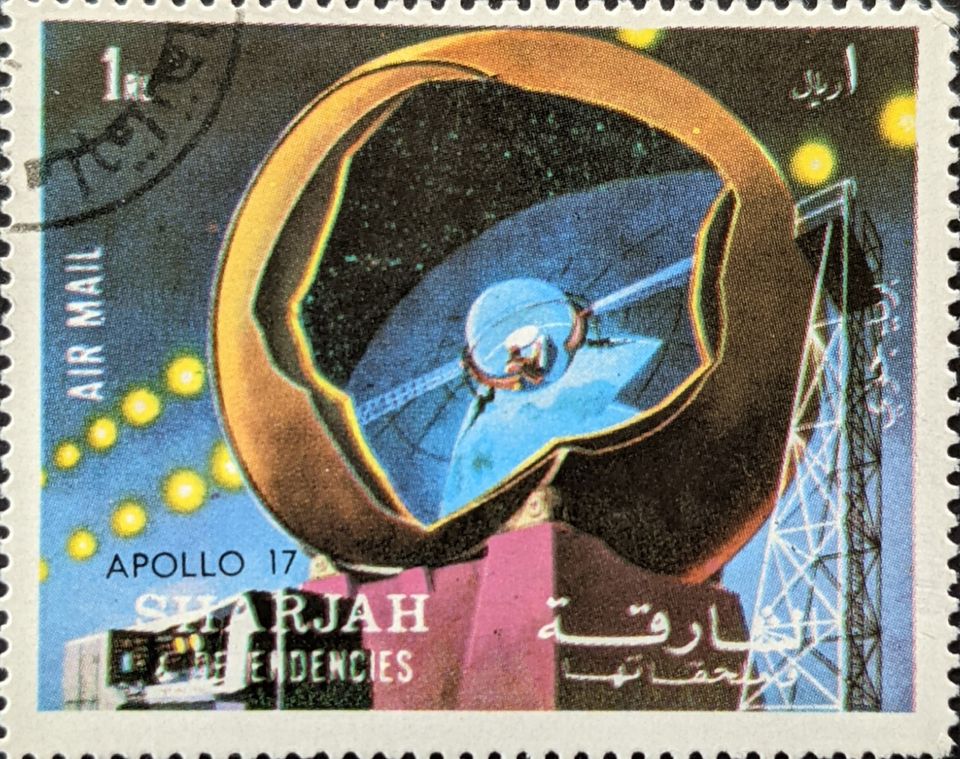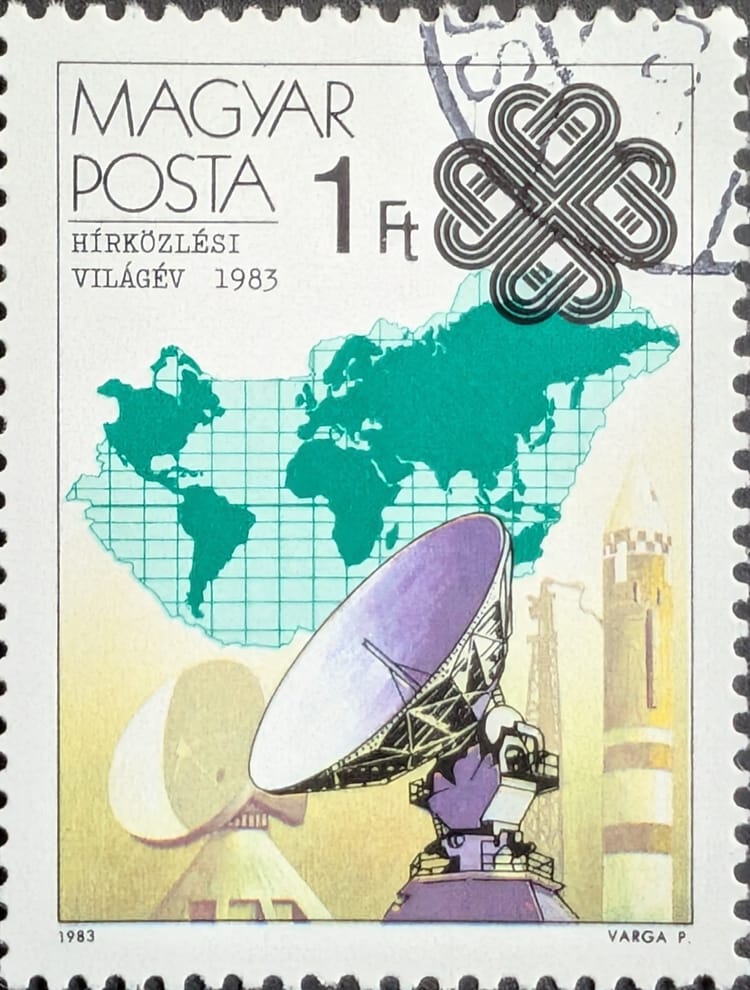Questions about the Commercial Space Industry’s Future (and some answers)

I’m at the end of the semester for my classes, which means I’ve been super busy with finals and assignments. That said, for one of the last assignments the teacher asked the class a few nice, general questions about the future of commercial space. I think his questions reflect questions that are common for folks who are in the industry (and maybe those who are attempting to get in). What do you think about these questions (or answers)?
Anyway, on to the questions.
The questions:
What does the future decade hold for commercial space? Will commercial space stations replace or augment the ISS? Will NASA continue the use of new commercial contracting models established for resupply and commercial crew for ISS to deep space missions? Will more broadband networks succeed and compete with Starlink? Will GEO comm sats become a thing of the past? Will space tourism finally come online and will we also see orbital space tourism on a viable scale? Will someone finally start mining an asteroid? What other possibilities are out there?
That was the teacher’s set of questions for us. I didn’t attempt to answer all of them. For example, asteroid mining is still too far in the future, with current efforts to get there being almost comical failures.
My answers (some of them will not surprise you):
TL/DR—space industry will grow, but not using recycled ideas. We need to build on the infrastructure.
I consider the questions above as a little narrow, pushing concepts applicable to NASA (space tourism, ISS) and the DoD (comsats). And "tourism" implies a temporary excursion, looking at/experiencing new things while leaving candy wrappers and cash behind. I suppose that type of thing is a desirable goal for some in the space industry—but these ideas have been around.
First—yes, I'm going to reference some of my analyses in the following discussion--but I think they are pertinent for this class and this topic.
The Challenge—come up with something new and relevant
I know there is a lot more humanity can do with space…but it needs to diversify from the ideas above. Commercial space has the opportunity to expand, but it needs to get out of a rut that even "new space" companies have fallen into. I identified this challenge and wrote it up, referencing one of our class discussions earlier (our presentation topics). In the article, "Commercial Space and its Slugworths: A Lack of Pure Imagination," I noted what industry trends are the "flavor of the day," catering to military needs and why I believe so. I did the same with trends that appear to help NASA and noted how these ideas keep reappearing.
I compared those with our topic selection (don't worry, nothing identifiable there). The upshot is that quite a few of our classmates had ideas that appeared more original than those constantly dredged up by space industry entrepreneurs, DoD, and NASA veterans. But those ideas still tended to be more beneficial for a civil agency, like NASA, than growing the commercial market.
That these ideas focus on government needs (whether on purpose or through coincidence) isn't surprising—the government spends a lot of money in space. The Institute for Defense Analyses estimated that revenues from actual space activity were around $166 billion in 2016—much smaller than Space Foundation and Bryce Space estimates. Of that $166 billion, about 50% of the revenues resulted from government spending. I put that amount into context in "DoD Dreams of Grandeur and Influence in Commercial Space."
Compared with the overall revenues of tech-sector giants such as Microsoft, Google, and Amazon, the space industry revenues are puny. Even the $1 trillion growth forecast provided by Goldman Sachs and its ilk is pathetic. It's very conservative, using annual baseline growth percentages from historical data—which may be inaccurate. The two situations—huge revenues from the tech sector (of which space is a part) and conservative forecasting from questionable provenance data- make it appear as if the space industry will grow—but not rapidly and certainly not at a Google pace.
I contend the Goldman Sachs and follow-on forecasts from similarly uninformed groups would be accurate—if people and companies keep pursuing the same ideas.
I also contend that the space industry needs to be more responsive to EVERYONE's actual needs—not just DoD and NASA needs. And this doesn't mean making square blocks fit into round holes (justifying space technology as relevant to the human experience—none of the big tech-sector companies do this with their services). This is what NASA attempts to show with its Spin-Off press release efforts. To be fair, some of those Spin-Offs do become true commercial endeavors, but compared to the volume of print in each annual report, there don’t seem to be many.
Unlike NASA, space industry entrepreneurs should be looking at what humans need, understanding how that need can be fulfilled, and determining if a space technology or service is the best way to do that. That said, based on the last 100 years or so of expansion, there will be a lot of needs that the space industry will be relevant in addressing (one reason why the $1 trillion forecast is too conservative).
Release the ISS death-grip
ISS is just the next step. I hope NASA moves away from it—another step--to something more modern, helpful, and better. Maybe something different, even. How better and more helpful? Design the next space station to serve 50-100 people with the equivalent matching of experimental space. While there's still a lot to learn from LEO, maybe consider other orbits (not just the CIS-lunar outpost). Place it in an orbit where human-made debris isn't an issue.
If I were to guess, a good reason to have a human-occupied commercial space station in orbit would be to process collected orbital debris/defunct satellites. It could also be used to repair/maintain expensive satellites (but does that business case close?). While remote vehicles are interesting, they aren't the answer to all satellite issues. The latest idea--"Space Hero"-- sounds desperate (but then reality TV shows aren't my thing—the cast seems diverse at least).
(Notice that I didn’t address commercial space station efforts here. Part of the reason is that with launch costs still a bit too high, it will be a niche business--if it is a viable business. The other part is I had provided an answer earlier in the year about commercial space station efforts, which I may post later.)
GEO comsats and LEO broadband
GEO communications satellites will still be a thing—but they will be more competitive with better pricing. Their satellites need to be less expensive to build, with less time required between an order and a launch to compete. The question might be better framed as: will current GEO comsat providers survive the rise of LEO broadband? Not with current subscription schemes and pricing (which are worse than cable—hard to imagine).
Right now, Viasat and Hughes have dragged their feet with deploying their latest satellites. And because they've taken their time, SpaceX will probably grab up potential Viasat/Hughes subscribers with its unlimited data plan (which is still cheaper than what they offer—with better latency). Will Starlink gain and support enough subscribers to make a profit is the biggest question. We might get an answer to that question when we see significant subscriber decreases from the GEO comsat operators.
The other LEO broadband contenders have their satellites configured differently than Starlink's direct uplinks/downlinks with user terminals. The others that we know of--Kuiper, OneWeb, and Telesat—all communicate from a central community or hub antenna to the satellites, then down to a remote terminal. That type of communication is more desirable for businesses and government authorities.
OneWeb will likely survive because it's a UK company, and the UK government has invested in it. It's doubtful the government will allow the company to fail (especially with its focus on UK space currently). Telesat is moving very slowly (as is Amazon for Kuiper). Its satellites will be costly, but the Canadian government may keep helping Telesat field the constellation in dribs and drabs. Kuiper is the unknown. Amazon has the capability and resources but has moved very slowly with space.
End of answers.
In the end, it might be instructive to quickly identify what the teacher did not ask about: smallsat launchers, Earth observation and remote sensing, the smallsat industry, in-space manufacturing, reusable launch vehicles, ground systems, etc. The oversight might be attributable to the fact there’s only so much the class can talk about. It could also be because of the teacher’s interests (which, frankly, is just fine).
In the end, though, I’m glad I took the class. It was helpful in seeing what others, who mostly aren’t in the space echo-chamber, are thinking. As notable, almost all of the students seemed very optimistic about the growth of commercial space. That optimism will be useful in developing the industry. I’m very much looking forward to the other classes.




Comments ()